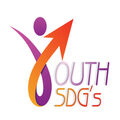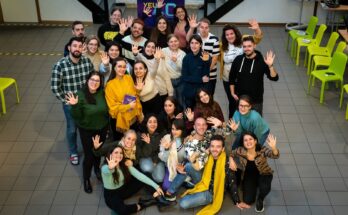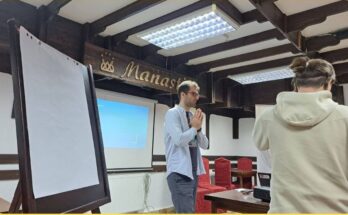The sport industry has had a growing impact on the global economy over the last 20 years with investment in public infrastructure, mobilizing resources and creating new professions and jobs. Today it is one of the professional sectors with the most economic momentum, creating opportunities for many people who aspire to a future in the world of sports.
An industry as large as the sports industry requires educated people to run a variety of sports related businesses. However, it should not be assumed that sports entrepreneurs are only owners of professional sports franchises. The sports industry entails a variety of sub-businesses, both large and small. For example, there are owners of health club facilities, sports arena and facility operators, league owner/operators, sporting goods store owners, sports ticket agencies, and sport physical therapists – just to name a few.
In terms of the labour market, sport-related employment represents 2.12% of total employment in the EU (in absolute terms, equivalent to 4.46 million jobs). This is above the sport-related share in Gross Value Added (1.76%), which indicates that sport is labour-intensive. Hence, it is clear that from the economic perspective sport is one sector that can certainly contribute to the overall goals of the Europe 2020 strategy of smart, sustainable and inclusive growth.
So what is needed to make the sector a worthy contributor towards the Europe 2020 strategy fulfillment?
Firstly, certain sport organizations and clubs lack knowledge, education and support to set a proper management in order to facilitate the process of entrepreneurship in their organization and the know-how on the measuring and monitoring success;
Secondly, non governmental organizations and business organisations need to understand and get familiar with the sport perspective in order to contribute towards a more sustainable development of entrepreneurship in sport;
Finally, local communities, fans, athletes, non-athletes, recreational athletes who have the wish, idea, desire and willingness to develop sports-related business sometimes lack certain knowledge, skills and/or connection with sport club and organizations, with whom they can cooperate and develop mutual sport business.
So what can be done?
The “Sports Entrepreneur as a Market Changer” project focuses on the entrepreneurial process in the context of the world of sports. In this project the importance of analyzing sports from an entrepreneurial perspective is emphasized, and the concept of sports entrepreneurship is presented, as well as its main characteristics, common to entrepreneurship (such as innovation, pro-activeness, risk taking, initiative and opportunity seeking).
The socio-economic aspect of this project aims to inspire and integrate entrepreneurial mindset as well as leverage the experience, knowledge and capabilities of partners to meet use sport as a tool for wider economic development.
Therefore, the “Sports Entrepreneur as a Market Changer” will:
– Stimulate the development of entrepreneurial thinking ;
– Explore the meaning, importance and potential of sport entrepreneurship;
– Share best practices of sport business in sport;
– Take measures for the development of future initiatives and projects.
– Present different types of entrepreneurship in sport
– Develop more entrepreneurial thinking in sports-related ventures;
– Demonstrate creativity and the business idea through Business Model Canvas in the world of Sports
During the project implementation, the partner organizations, as well as participants and target groups of the project will:
– Approach creativity, innovation and entrepreneurial thinking in order to understand what constitutes the setting up and running of their own business;
– Will gain the ability to think and act competently, efficiently as well as effectively implement the acquired knowledge and skills in the work and operations of sports clubs, businesses organizations and institutions;
– Will acquire knowledge and competences that enable them for independent, professional, individual or team work and engagement in all areas of business in sport.
Participating organizations are coming from Serbia (Best-seller and RK Beograd), North Macedonia (Association for progress, education and lobbying) and Belgium (Out of the box International).
The project is co-financed by the Erasmus+ Sport Programme of the European Commission





